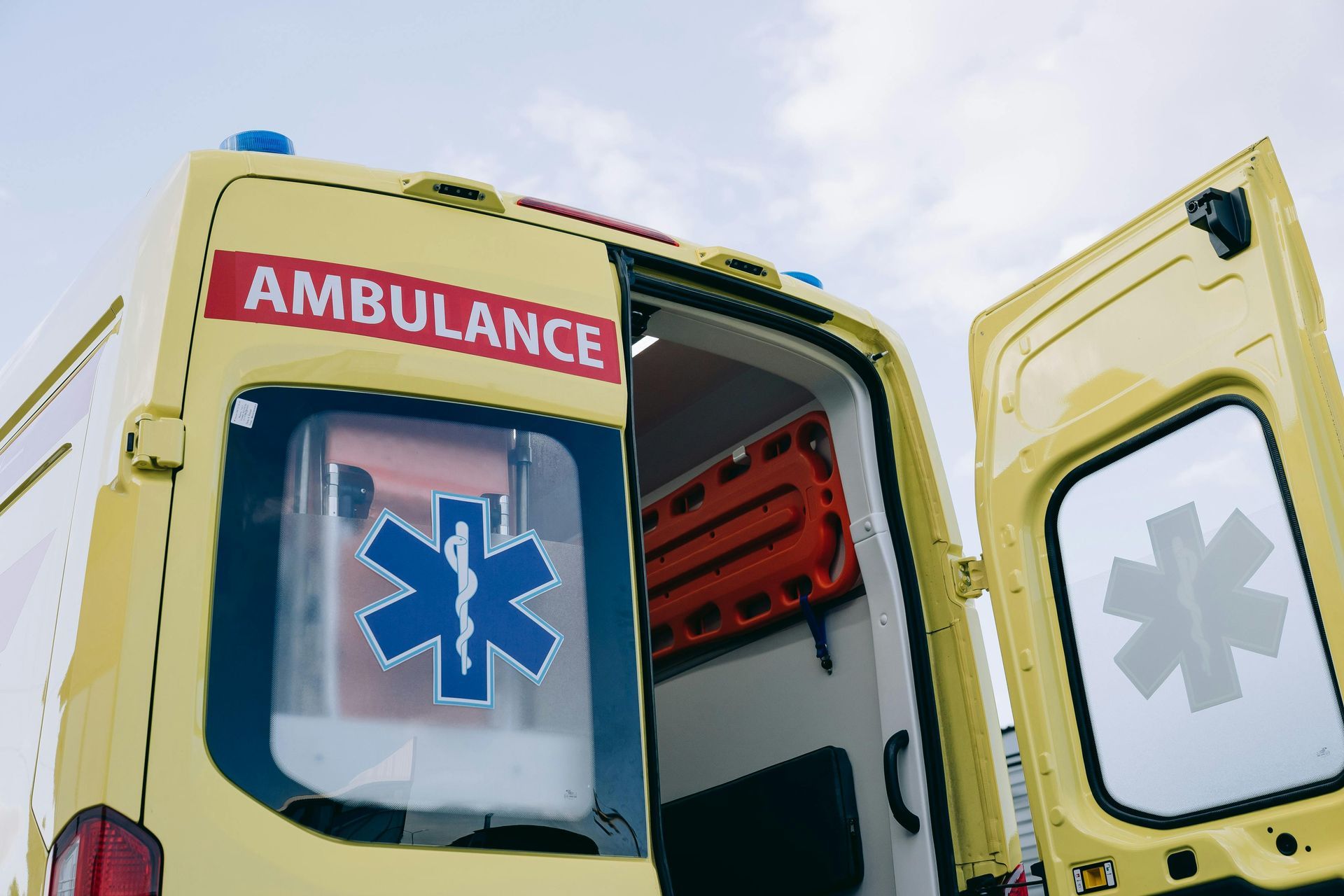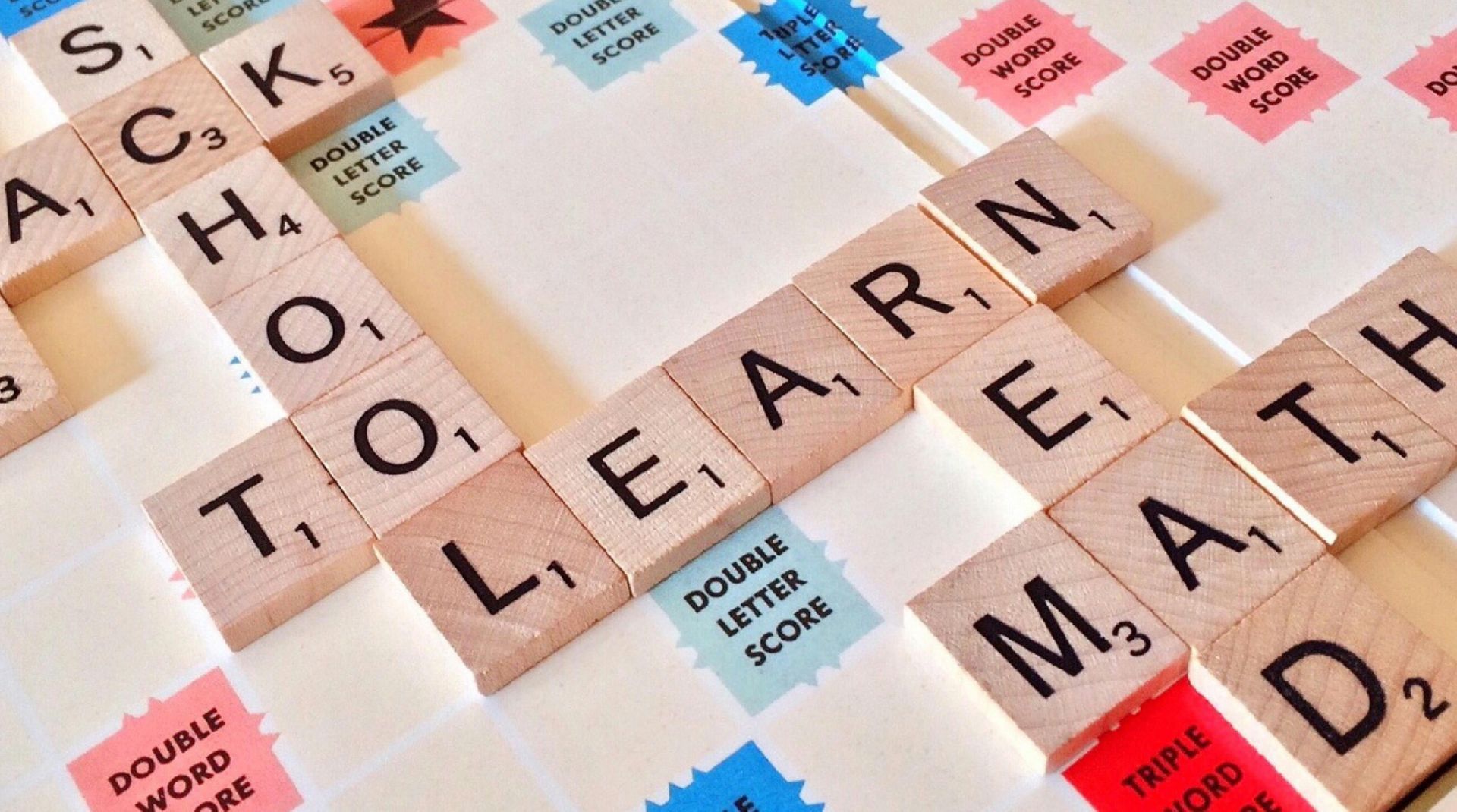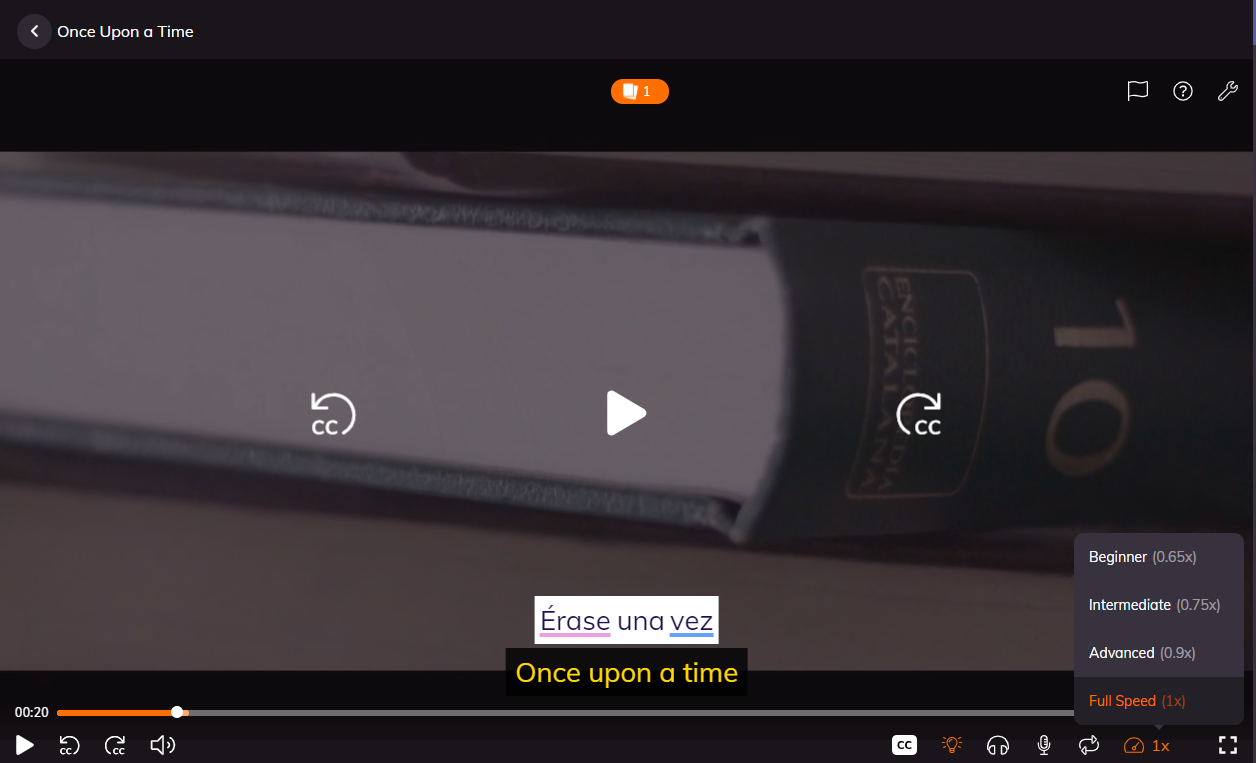Handling Emergencies in English When It’s Not Your First Language
written by: Krystof-Sandor Harfst
Table of Content

Handling emergencies in a country where English isn’t your first language can feel overwhelming, particularly when effective communication is crucial.
In the U.S., linguistic diversity adds an extra layer of challenge. According to ShareAmerica, the number of people speaking a language other than English at home has nearly tripled over the past three decades. It rose from 23.1 million (about one in ten) to 67.8 million (about one in five).
With between 350 and 430 languages spoken nationwide, effective communication during emergencies requires preparation and knowledge of essential phrases.
This guide focuses on practical strategies, key English expressions, and tools to help non-native speakers handle urgent situations safely and confidently.
Learn Essential Emergency Phrases and Vocabulary
Building a foundation of emergency-specific vocabulary before you need it is one of the most effective strategies for handling crises in English. Start by learning key phrases for different types of emergencies, such as "I need an ambulance," "There's been an accident," "Someone is hurt," and "I need police help."
Practice these phrases regularly until they become automatic responses, as stress can make it difficult to recall even familiar vocabulary.
Medical emergencies require specific terminology that can be particularly challenging for non-native speakers. Learn to describe common symptoms like chest pain, difficulty breathing, severe bleeding, or loss of consciousness.
Understanding body parts in English is crucial, as is knowing how to express the severity of pain or symptoms. Keep a small card with essential medical phrases and your medical history translated into English.
For other types of emergencies, familiarize yourself with location-specific vocabulary. Know how to describe your surroundings, including landmarks, street names, and building descriptions. Practice giving your address clearly and slowly, as emergency dispatchers need accurate location information to send help to the right place.
Use Technology and Resources During Emergencies
Modern technology offers essential support for non-native English speakers during emergencies. Many emergency services now provide translation assistance, and smartphone apps with voice-to-text or real-time translation features can help bridge communication gaps.
You can also pre-program important emergency numbers with clear labels, keep your phone charged, and ensure emergency contacts include at least one advocate. Voice recordings of critical information, like your address, medical conditions, and emergency contacts, can be played for responders if stress makes verbal communication difficult.
The growing availability of these tools is supported by the expanding language translation natural language processing (NLP) market.
Statista projects this market will reach $9.87 billion in 2025 and grow at a 23.3% CAGR through 2031. In the U.S. alone, the market is expected to be $2.89 billion by 2025, highlighting how technological advancements are making emergency communication more accessible.
Communication with First Responders and Medical Personnel
Clear communication with first responders and medical personnel is crucial during emergencies, especially if English isn’t your first language. Focus on conveying critical information using short, simple sentences. Speak slowly, repeat important details if necessary, and ask responders to slow down if you have trouble understanding.
Many emergency departments have access to interpreter services, including telephone interpretation, which can be arranged within minutes. Don’t hesitate to request an interpreter if you feel language barriers might affect your care.
When describing medical issues, stick to observable symptoms rather than attempting medical terminology. Simple phrases like “My chest hurts very badly,” “I cannot breathe well,” or “There is a lot of blood” communicate necessary information efficiently.
In situations where phone lines are overloaded or down, newer phones can connect via satellite, though success isn’t guaranteed. To improve the chance of reaching help:
Keep calls short to free lines for emergencies.- Wait 10–15 seconds before retrying if the call doesn’t go through.
- Use a landline if available.
- If in a car, pull over before calling.
Legal Support During Emergencies
Emergencies often bring unexpected legal challenges, from navigating insurance claims to understanding liability or documentation requirements. Accessing legal support during these moments can help individuals understand their rights, communicate effectively, and make informed decisions.
Traffic accidents are a common scenario where legal guidance proves essential. In the event of a car crash, your priority should be ensuring everyone’s safety and contacting emergency services. Even if injuries appear minor, having police document the incident is advisable, particularly when language barriers could complicate later insurance claims.
Consulting with a
car crash lawyer who understands the challenges faced by non-native speakers can be invaluable. Legal terminology is often complex, and high-stakes proceedings require clear communication.
Additionally, according to TorHoerman Law, documentation, photos of accident scenes, police reports, and medical records help attorneys build a strong case. You may be eligible for compensation if you or a family member suffered injuries, financial losses, or property damage because of someone else's actions.
Build Confidence Through Practice and Community
Regular practice in low-stress situations is key to handling emergencies in English. Many communities offer free emergency preparedness programs, CPR classes, and first aid training that provide excellent opportunities to build skills and confidence. You can also connect with other non-native English speakers in your community to form a mutual aid network.
In a high-stress situation, it's also helpful to have techniques to stay calm. As Healthline suggests, simple actions like getting fresh air, listening to music, or even chewing gum can quickly
reduce anxiety.
By practicing your communication skills and having methods to ground yourself, you'll be better prepared to handle a crisis effectively.
Frequently Asked Questions
What does 911 do if you don't speak English?
If you don’t speak English, 911 operators can access interpreter services to provide real-time translation. They will connect you with a trained language interpreter, ensuring emergency responders understand your situation. Speak slowly, use simple sentences, and request an interpreter if needed to communicate critical information clearly.
What is the fastest way to learn medical terminology?
The fastest way to learn medical terminology is through a combination of study methods. Use flashcards for key terms, practice with interactive apps, engage in real-world scenarios like hospital volunteering, and break words into roots, prefixes, and suffixes. Consistent daily review and repetition solidify understanding quickly.
What to do if you can't talk to the police?
If you can’t talk to the police, stay calm and provide written information if possible. Use translation apps or have a trusted English-speaking contact relay your message. Request an interpreter, remain polite, and avoid guessing or providing details you’re unsure about to ensure accurate communication.
Handling emergencies in English when it’s not your first language requires preparation, practice, and the right resources. Leveraging technology, community programs, and clear communication strategies can make a critical difference. With consistent effort and support, non-native speakers can confidently navigate emergencies and ensure their safety.
Share this article!






